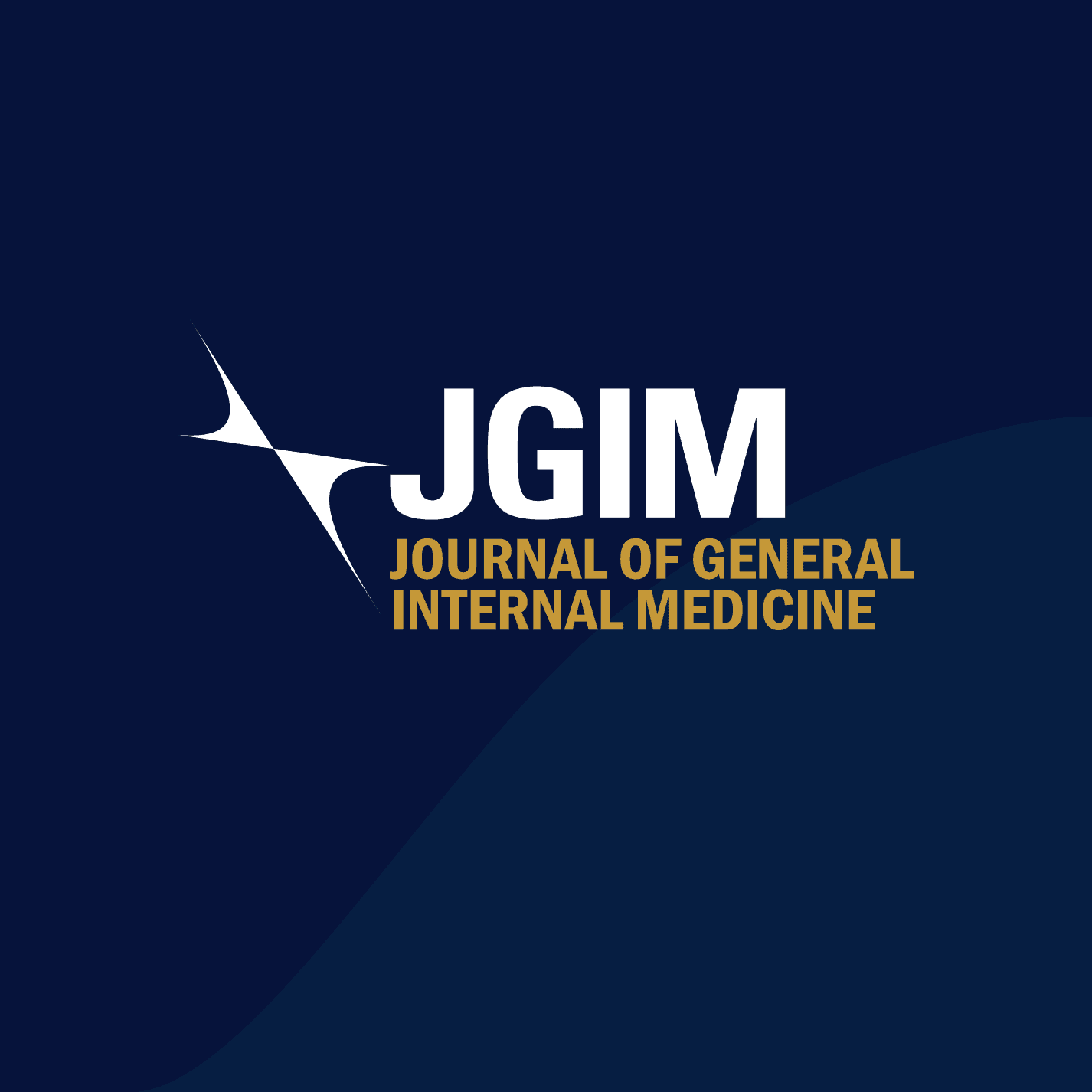Abstract
Background
Health care systems are increasingly partnering with community-based organizations to address social determinants of health (SDH). We established a program that educates and connects patients with SDH needs at a primary care clinic to community services and facilitated referrals.
Objective
To evaluate the effect of addressing SDH soon after discharge on hospital readmission in a clinic population.
Design
Pre/post, quasi-experimental design with longitudinal data analysis for quality improvement.
Participants
Clinic patients (n = 754) having at least one hospital discharge between June 1, 2020, and October 31, 2021, were included. Of these, 145 patients received the intervention and 609 served as comparison.
Interventions
A primary care liaison was employed to assess and educate recently discharged clinic patients for SDH needs and refer them for needed community services from June 1, 2020, to October 31, 2021.
Main Measures
Hospital readmissions within 30, 60, and 90 days of discharge were tracked at 6-month intervals. Covariates included patient age, sex, race/ethnicity, insurance status, income, Hierarchical Condition Category risk scores, and Clinical Classification Software diagnosis groups. Data for all hospital discharges during the intervention period were used for the main analysis and data for the year before the intervention were extracted for comparison.
Key Results
Overall, patients in the intervention group were older, sicker, and more likely to have public insurance. The reductions in 30-, 60-, and 90-day readmissions during the intervention period were 14.39%, 13.28%, and 12.04% respectively in the intervention group, while no significant change was observed in the comparison group. The group difference in reduction over time was statistically significant for 30-day (Diff = 12.54%; p = 0.032), 60-day (Diff = 14.40%; p = 0.012), and 90-day readmissions (Diff = 14.71%; p = 0.036).
Conclusion
Our findings suggest that screening clinic patients for SDH, and educating and connecting them to community services during post-hospital care may be associated with reductions in hospital readmissions.
Topic
JGIM, Social Determinants of Health
Author Descriptions
Department of Health Services Research and Administration, College of Public Health, University of Nebraska Medical Center, Omaha, NE, USA
Jungyoon Kim PhD & Hongmei Wang PhD
Department of Biostatistics, College of Public Health, University of Nebraska Medical Center, Omaha, NE, USA
Jihyun Ma MS
Department of Internal Medicine, Division of General Internal Medicine, University of Nebraska Medical Center, Omaha, NE, USA
Daniel Jeffrey MD & Stephen Mohring MD
Nebraska Medicine, Omaha, NE, USA
April Recher BS
Department of Internal Medicine, Division of Geriatrics, Gerontology and Palliative Medicine, University of Nebraska Medical Center, Omaha, NE, USA
Jane F. Potter MD
Share
Related Articles
Perspectives of In-Hospital Intramuscular Naltrexone and Oral Medications for Alcohol Use Disorder: A Study of Addiction Clinicians and Hospitalized Patients
Abstract Background Alcohol-related hospitalizations are rising; however, medications for alcohol use disorder…
Beyond Workarounds: Enhancing Education, Care, and Wellness on Inpatient Medicine Rotations—A Multicenter Qualitative Study
Abstract Background Inpatient medicine rotations (IMRs) aim to deliver exceptional clinical education…


